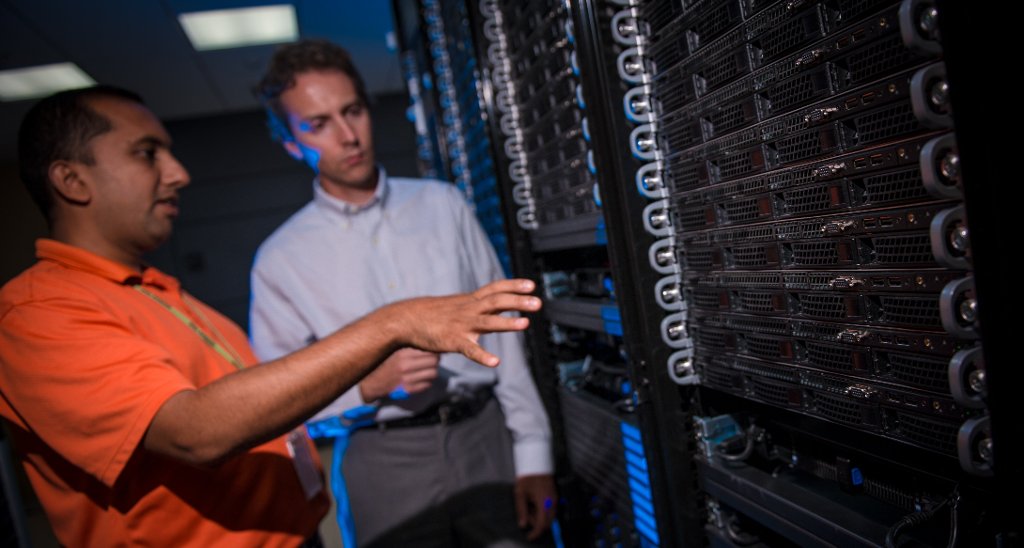Despite Rockets and Sirens, Graduate Student Feels Safe in Israel

A lot can change in eight months, especially on a global scale. Here in the United States, we see the Middle East crumpling on television, but is that the same perspective the people living there have?
Last winter, Nathan Sankary, a Michigan Tech alumnus and current graduate student at the Israel Institute of Technology, told us about his decision to study in Israel and his experience of going to the Middle East as a student. When questioned about the tensions at the time and the presence of fighter jets and fortified shelters, Sankary said, “With all of this, though, I have never felt danger in the country. Day-to-day, the country is incredibly safe, and the public space is extremely welcoming. I have never experienced the ‘wartime’ in Israel.”
Now, with tensions high and Israel at war, Sankary is experiencing daily life a bit differently, but according to him, not that much. “I still stand by the day-to-day safety,” he says. “ Wartime is a little different; there is always this slight feeling of potential danger. I think the first time I heard the rocket siren, there was a change; I realize that now I’m the target of an enemy.
Sirens Mean Take Shelter
”When the sirens sound, citizens react accordingly," Sankary explains. "Many seek refuge in a shelter or reinforced, safe room. Cars pull over to the side of the road and train riders distance themselves from the windows and duck. The siren lasts about a minute, but people wait to make sure debris has stopped falling before they continue with their lives. I don’t think it changed my mindset that I’m living somewhere dangerous, though. I think it more changed my mindset that the warnings mean something.”
Sankary says that many Israelis have come to Haifa, where he is living, to get away from the dangers near Gaza. Haifa is about 95 miles (152 km) north of the Gaza strip, along the coastline.
“I never considered coming home early,” he says. “Living in Haifa, I’m almost as safe as I could possibly be from the Gaza conflict. In Israel, the sirens ring, and you need to respond, whether you’re in a train, a car or at home, but that’s the only effect I have felt, and for me, that does not warrant leaving half way through my master’s.”
Israel Institute of Technology has been reassuring about its top priority being student safety and making accommodations during the tension. “There was an effect of the conflict on some people’s studies, but zero to mine personally,” Sankary says.
Safety of Israeli Citizens Comes First
Many of his male classmates and friends were called to duty for the Gaza conflict and interrupted their studies; however, Sankary says that the university went to great lengths to help these students stay on track with free tutoring, free summer courses and make-up exams. “It’s a difficult region, and sort of a constant threat, but I’ve realized how much Israel invests in the protection and safety of its citizens,” he observes.
The feeling of security can give an outlook different from what we see on the news. Sankary says, “Living here has really offered an invaluable perspective to both sides of the politics, the policy and the beliefs of the region that no amount of reading, listening or watching could provide.”
Michigan Technological University is an R1 public research university founded in 1885 in Houghton, and is home to nearly 7,500 students from more than 60 countries around the world. Consistently ranked among the best universities in the country for return on investment, Michigan's flagship technological university offers more than 185 undergraduate and graduate degree programs in science and technology, engineering, computing, forestry, business, health professions, humanities, mathematics, social sciences, and the arts. The rural campus is situated just miles from Lake Superior in Michigan's Upper Peninsula, offering year-round opportunities for outdoor adventure.




Comments